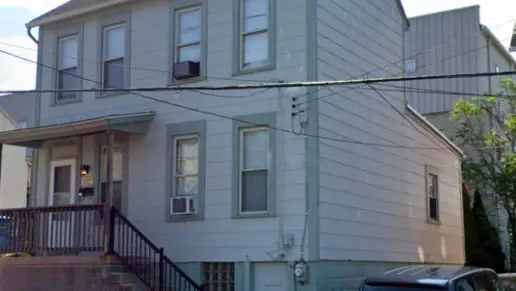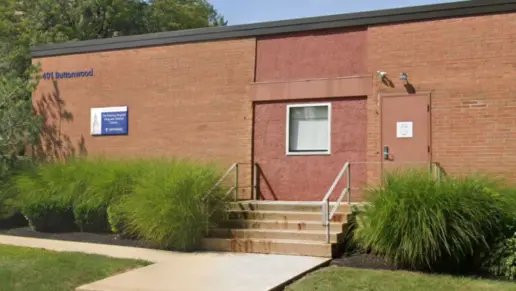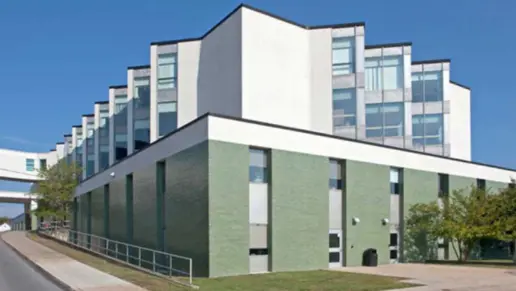About The GateHouse Mountville
The GateHouse Mountville is a residential addiction treatment center for adult men located in Mountville, Pennsylvania. They’re part of a nonprofit organization that, for over 50 years, has helped people experiencing substance use issues. Their mission is to help each client achieve lifelong recovery by providing personalized, holistic treatment in a community based program. The Mountville location is one of three residential extended care homes. While this home serves adult men, other GateHouse locations help adult women. Payment options include private insurance, Medicaid, or county funding. You can also pay cash.
If you’ve recently completed detox or inpatient treatment, a residential extended care program might be the next step in your recovery. Typically lasting three to six months, this program helps a person transition from intensive rehab to everyday life. It’s designed to provide structure and guidance, helping build the skills and confidence needed for long-term recovery.
From the moment you arrive, you’ll feel right at home. Located in a neighborhood, you’ll have easy access to local services, bus stops and grocery stores. The space is welcoming and comfortable, with modern appliances, cleaning supplies and snacks provided. Plus, each client has access to a computer, internet and cable.
Holistic, comprehensive treatment means focusing on the whole person, not just the addiction. Treatment here includes taking care of your physical health, mental well-being, your emotions and even your environment. Environment plays a big role in recovery because it influences your mindset, habits and routines. A stable, positive space helps reduce stress and avoid triggers.
At The GateHouse, recovery isn’t one-size-fits-all. They create a treatment plan that fits your needs and goals, focusing on what’s going to work best for you. You’ll get personalized counseling, including one on one, in groups and with your family. Everyone also attends daily peer groups and 12 Step meetings.
They’ll help you get ready for work and life with skills training. You’ll also have plenty of opportunities for recreation and activities to help keep your life balanced. And when it’s time to move on, they make sure you’ve got a solid plan and support to stay sober.
Facility Overview
Latest Reviews
Rehab Score
Gallery
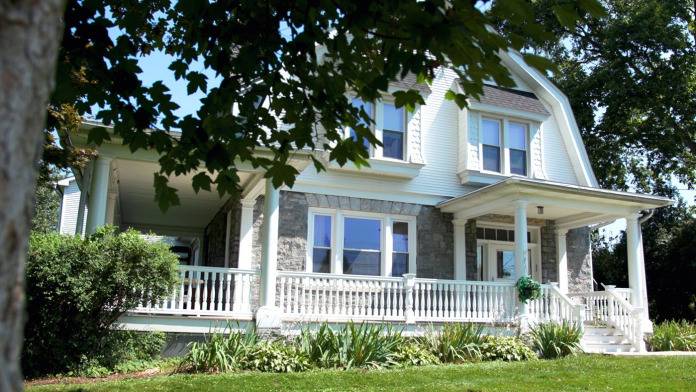
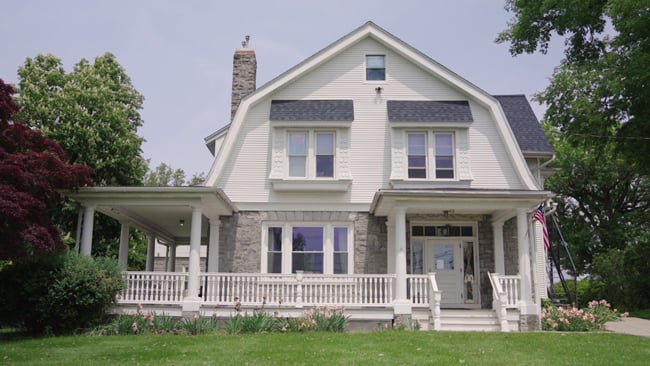
Location
Other Forms of Payment
Private insurance refers to any kind of healthcare coverage that isn't from the state or federal government. This includes individual and family plans offered by an employer or purchased from the Insurance Marketplace. Every plan will have different requirements and out of pocket costs so be sure to get the full details before you start treatment.
Self-pay involves paying for treatment out of your own pocket. You can use savings or credit, get a personal loan, or receive help from family and friends to fund your treatment. If you don't have insurance or your insurance plan doesn't cover a specific program, self-pay can help ensure you still get the care you need.
Financial aid can take many forms. Centers may have grants or scholarships available to clients who meet eligibility requirements. Programs that receive SAMHSA grants may have financial aid available for those who need treatment as well. Grants and scholarships can help you pai for treatment without having to repay.
Medicaid is a state based program that helps lower-income individuals and families pay for healthcare. Medicaid covers addiction treatment so those enrolled can use their coverage to pay for rehab. When a program accepts Medicaid the client often pays very little or nothing out of their own pocket.
Addiction Treatments
Levels of Care
Treatments
The goal of treatment for alcoholism is abstinence. Those with poor social support, poor motivation, or psychiatric disorders tend to relapse within a few years of treatment. For these people, success is measured by longer periods of abstinence, reduced use of alcohol, better health, and improved social functioning. Recovery and Maintenance are usually based on 12 step programs and AA meetings.
Drug rehab in Pennsylvania is devoted to the treatment of addiction. Levels of care, treatment methods, and settings differ, but the aim of each program is to end drug dependency and empower participants to achieve long-term recovery.
Many of those suffering from addiction also suffer from mental or emotional illnesses like schizophrenia, bipolar disorder, depression, or anxiety disorders. Rehab and other substance abuse facilities treating those with a dual diagnosis or co-occurring disorder administer psychiatric treatment to address the person's mental health issue in addition to drug and alcohol rehabilitation.
Opioid rehabs specialize in supporting those recovering from opioid addiction. They treat those suffering from addiction to illegal opioids like heroin, as well as prescription drugs like oxycodone. These centers typically combine both physical as well as mental and emotional support to help stop addiction. Physical support often includes medical detox and subsequent medical support (including medication), and mental support includes in-depth therapy to address the underlying causes of addiction.
Substance rehabs focus on helping individuals recover from substance abuse, including alcohol and drug addiction (both illegal and prescription drugs). They often include the opportunity to engage in both individual as well as group therapy.
Programs



Clinical Services
Group therapy is any therapeutic work that happens in a group (not one-on-one). There are a number of different group therapy modalities, including support groups, experiential therapy, psycho-education, and more. Group therapy involves treatment as well as processing interaction between group members.
In individual therapy, a patient meets one-on-one with a trained psychologist or counselor. Therapy is a pivotal part of effective substance abuse treatment, as it often covers root causes of addiction, including challenges faced by the patient in their social, family, and work/school life.
Research clearly demonstrates that recovery is far more successful and sustainable when loved ones like family members participate in rehab and substance abuse treatment. Addiction is a disease that places significant stress on the entire family. The Family Component at the Gate House was developed to build a support system for family and friends who have loved ones recovering from addiction.
Life skills trainings involve all the skills a person must have in order to function successfully in the world. Life skills education classes including: budgeting, parenting, interpersonal communications, nutritional meal planning and preparation, health and wellness, healthy relationships, self-esteem workshops, and conflict resolution.
Amenities
-
Residential Setting
-
Private Setting
Staff & Accreditations
Staff

Executive Director
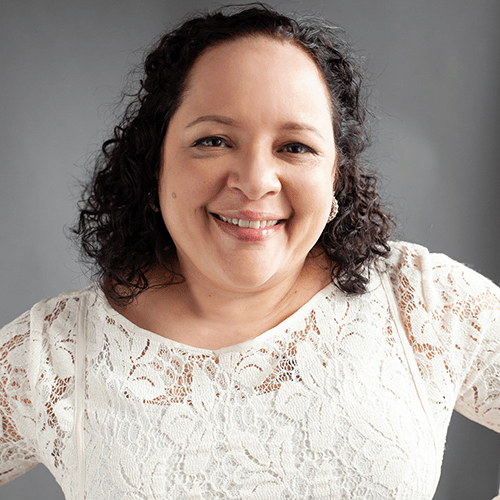
Director of Compliance
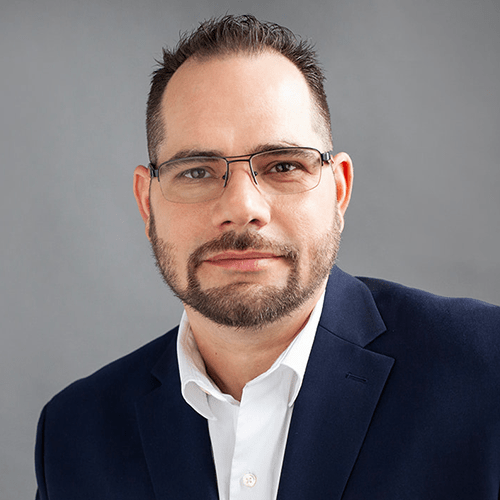
Director of Program Management
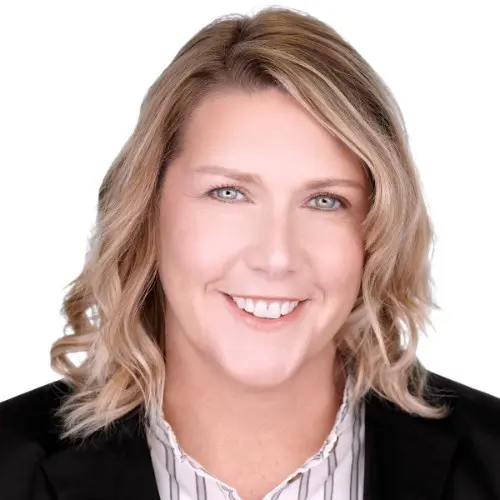
Program Director
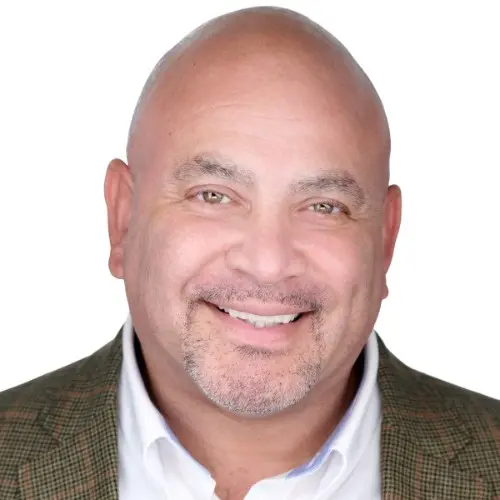
Program Director
Accreditations

The Commission on Accreditation of Rehabilitation Facilities (CARF) is a non-profit organization that specifically accredits rehab organizations. Founded in 1966, CARF's, mission is to help service providers like rehab facilities maintain high standards of care.
CARF Accreditation: Yes
Contact Information
465 West Main Street
Mountville, PA 17554
